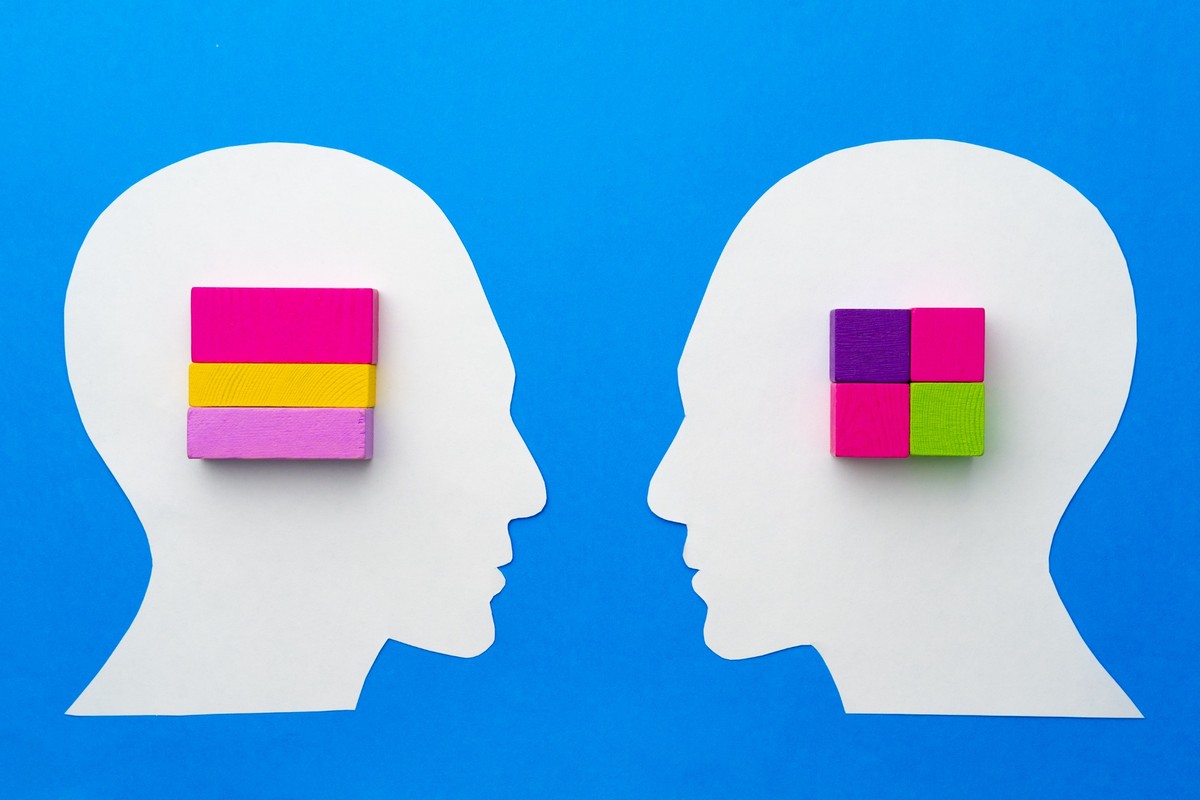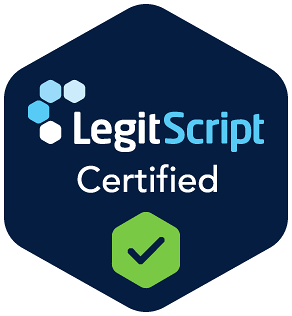.jpg)
What Is Psychoeducation and Why Is It a Vital Part of Treatment at Spark Wellness?
When entering treatment for addiction or mental health concerns, many people expect therapy sessions, support groups, or medication management. What they may not expect—but quickly find invaluable—is psychoeducation. At Spark Wellness, psychoeducation is a core part of our treatment programs, providing clients and families with the knowledge they need to understand challenges, build coping skills, and take an active role in recovery.
What Is Psychoeducation?
Psychoeducation is the process of teaching individuals and their families about mental health and substance use disorders. Rather than being a lecture, it’s an interactive approach that combines education with practical strategies for managing symptoms and supporting recovery.
Topics covered in psychoeducation may include:
- Understanding addiction and mental health conditions as medical issues, not moral failings
- Recognizing symptoms and warning signs
- Learning about triggers and relapse prevention
- Exploring healthy coping strategies
- Understanding how treatment methods like CBT, DBT, and ACT work
- Building communication and problem-solving skills within families
By making sense of what’s happening, clients feel more empowered to engage in their recovery.
Why Psychoeducation Matters in Treatment
Knowledge is power—especially when it comes to recovery. Without understanding the nature of addiction or mental health conditions, clients may feel lost, ashamed, or confused. Psychoeducation helps shift that perspective by:
- Reducing stigma through accurate information
- Normalizing the challenges of recovery
- Helping clients recognize they are not alone
- Equipping families with tools to provide healthy support
- Creating realistic expectations for the recovery process
These benefits often increase treatment engagement and long-term success.
Psychoeducation at Spark Wellness
At Spark Wellness, psychoeducation is woven into both PHP and IOP programs. Clients may participate in group workshops, family sessions, or one-on-one discussions tailored to their unique needs. Psychoeducation is designed to complement therapy, offering practical tools that can be applied daily.
Examples of topics include:
- The connection between trauma, mental health, and substance use
- How stress impacts the brain and body
- Strategies for managing cravings and triggers
- Ways to communicate effectively with loved ones
- Skills for building structure and routine in recovery
By integrating education with therapeutic support, we help clients move from simply “knowing” to actively “doing.”
Empowering Clients and Families
One of the most powerful aspects of psychoeducation is its impact on families. Loved ones often carry confusion, guilt, or frustration about a person’s struggles. Through psychoeducation, families gain a clearer understanding of how to support recovery without enabling, helping create a healthier home environment.
Knowledge That Strengthens Recovery
Recovery is about more than therapy sessions—it’s about equipping individuals with the knowledge and tools to maintain progress outside of treatment. Psychoeducation is vital because it gives clients and families the confidence to understand what they’re facing and the skills to overcome it. At Spark Wellness, we see it as the foundation for lasting change.
Recovery articles for you

Anxiety vs Depression: How to Tell the Difference and Why It Matters for Treatment

When Weekly Therapy Isn’t Enough: Signs You May Need a Higher Level of Mental Health Care



